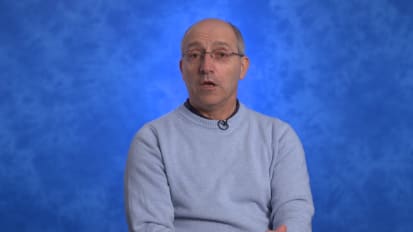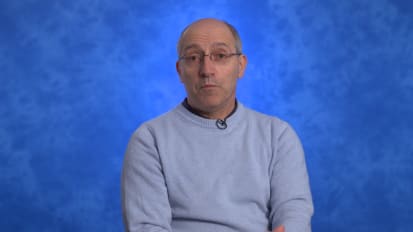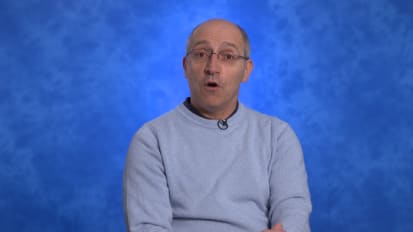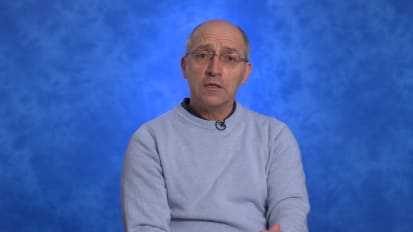Francesco Saverio Celi, MD, MHSc

William G. Blackard Professor of Medicine
Chair, Division of Endocrinology
Diabetes and Metabolism Department of Internal Medicine
Virginia Commonwealth University
Director, VCU Health Diabetes Program
Richmond, Virginia










